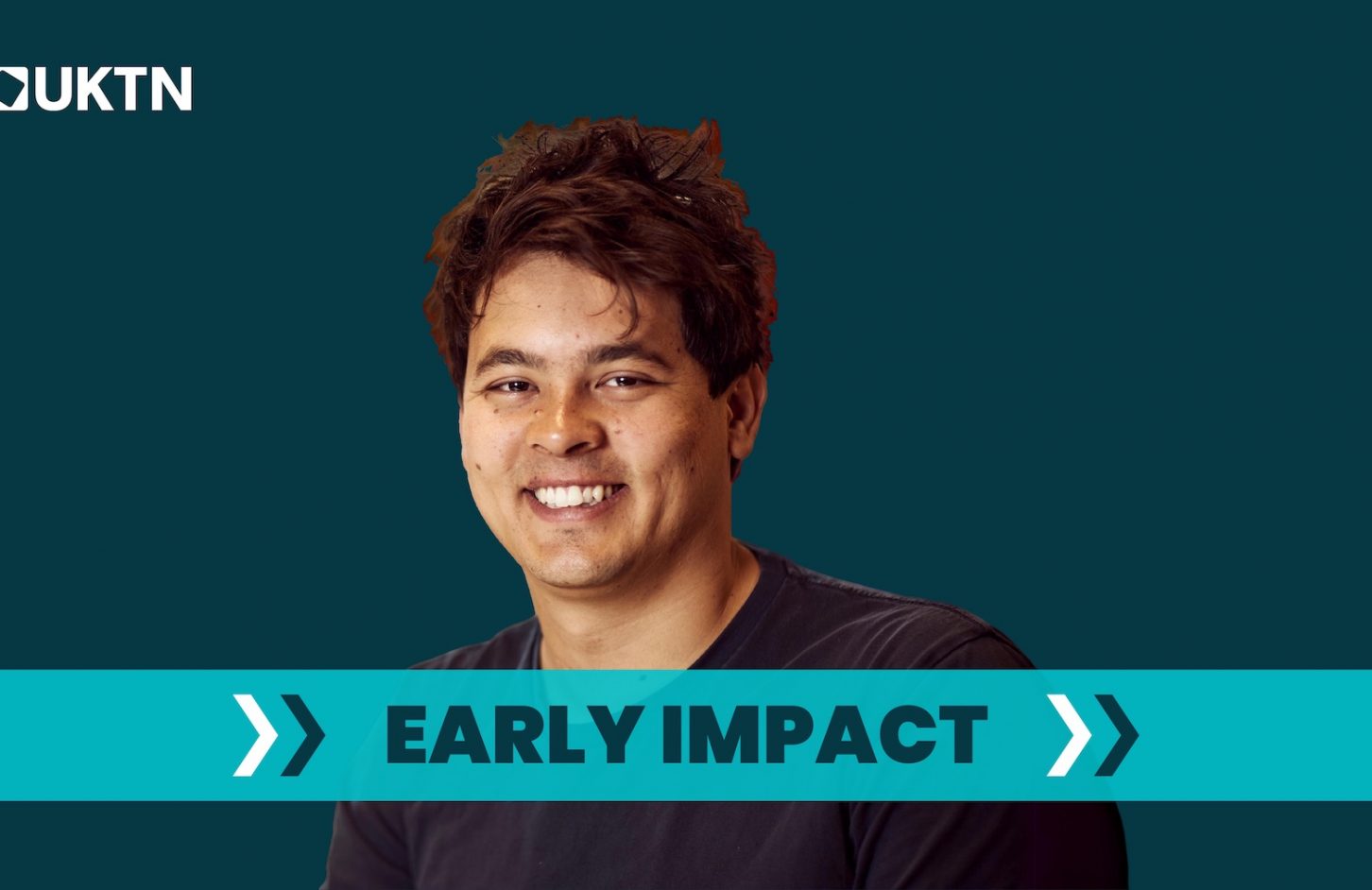Navigation apps and user reviews of businesses help consumers make informed choices. Despite the benefits these technologies can provide, it is inadequate for millions of disabled Britons.
According to recent data from the Department for Work and Pensions, the UK is home to around 16 million disabled people, representing almost a quarter of the total population.
And yet, despite making up such a significant minority of the population, a lack of accessibility at British businesses and venues causes daily challenges for disabled people.
“I’m a wheelchair user, when I need to go out to a cafe or a restaurant or bar, trying to do something in the world around me, the first question I have is, ‘is it accessible?’” Matt Pierri tells UKTN....

